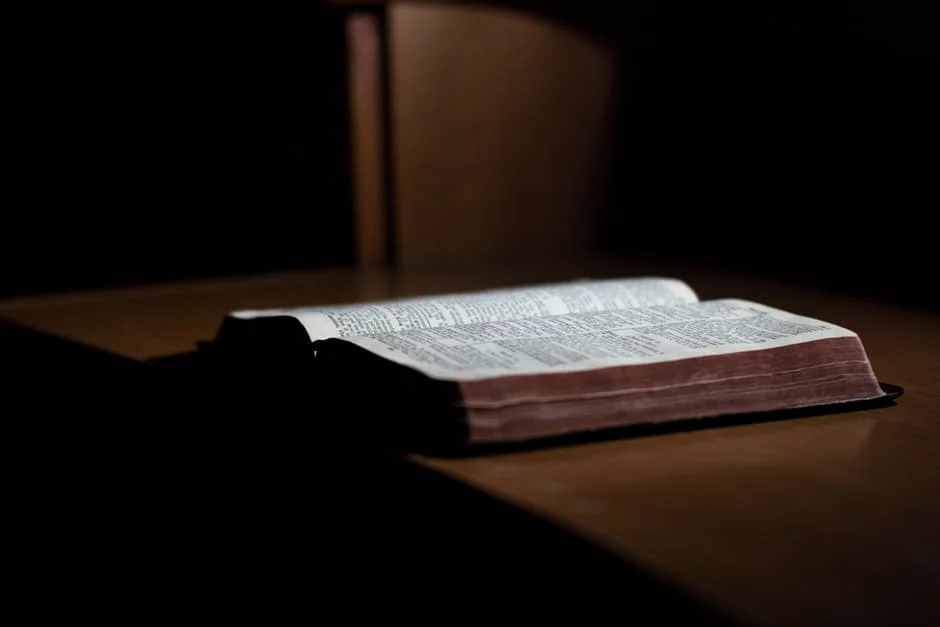Colossians VI
…bearing with one another and, if one has a complaint against another, forgiving each other; as the Lord has forgiven you, so you also must forgive. (Colossians 3:13? ESV)
The Lynchpin
The most important part of my pencil is the lead. Certainly, lead is not the only part, or the most visible part, or the most attractive part. But without the lead, a pencil is just an empty wood sliver that you can poke things with.
The most important part of Christianity is forgiveness. God’s forgiveness of His people. Christ’s active forgiveness through His perfect life, and sacrificial death. And the resulting forgiveness on our part.
Other parts of Christianity are important, too, of course.
But the lynchpin is forgiveness.
It holds our relationship to God together. Without His forgiveness, we have no relationship.
It holds our relationships with each other together. Without forgiveness, we have no relationships.
Forgive.

